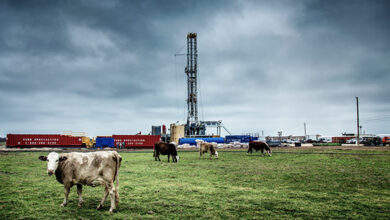In well control, an ounce of prevention is worth a pound of cure
It has been more than four years since Macondo, and the long-term effects of the oil spill are still being determined. “Oil is a natural substance that can be degraded, but too much can take a long time for Mother Nature to respond,” said Dr Edward B. Overton, Professor Emeritus of Environmental Sciences at Louisiana State University’s School of the Coast and Environment. Watch this exclusive video of Dr Overton discussing the ecological, economical and sociological affects of the Macondo spill.




